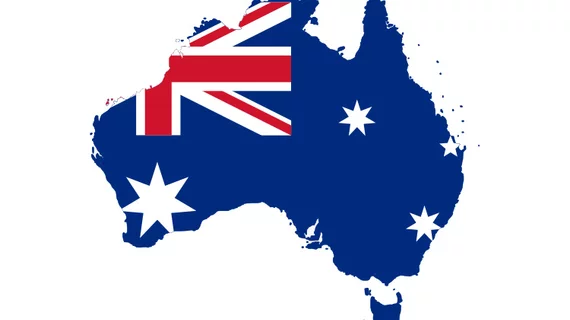RACGP updates osteoarthritis management guideline to reduce unnecessary imaging, surgery
The Royal Australian College of General Practitioners (RACGP) has announced an update to its guideline for knee and hip osteoarthritis management, saying the policy shift should reduce unnecessary imaging, surgery and medication throughout Australia.
The update aims to get physicians to be more proactive in their management of osteoarthritis, David Hunter, co-chair of the working group responsible for the change, said in an article from RACGP’s newsGP service. It also recommends physicians consider different “preventive and lifestyle treatments” before going straight to imaging or surgery.
“Osteoarthritis is incredibly common and we also know that it’s very poorly managed in many instances,” Hunter said. “We’re really trying to improve appropriateness of care by focusing on the existing evidence to support different interventions for this disease.”
This marks the first time the guideline, “Guideline for the management of knee and hip osteoarthritis,” has been updated in eight years. Australia’s National Health and Medical Research Council approved the changes.
“The change in direction of management of this illness will provide the opportunity for people to live healthy and active lifestyles for years longer than before,” Harry Nespolon, RACGP pident-elect, said in the same article.
More information on the guideline is available here.

